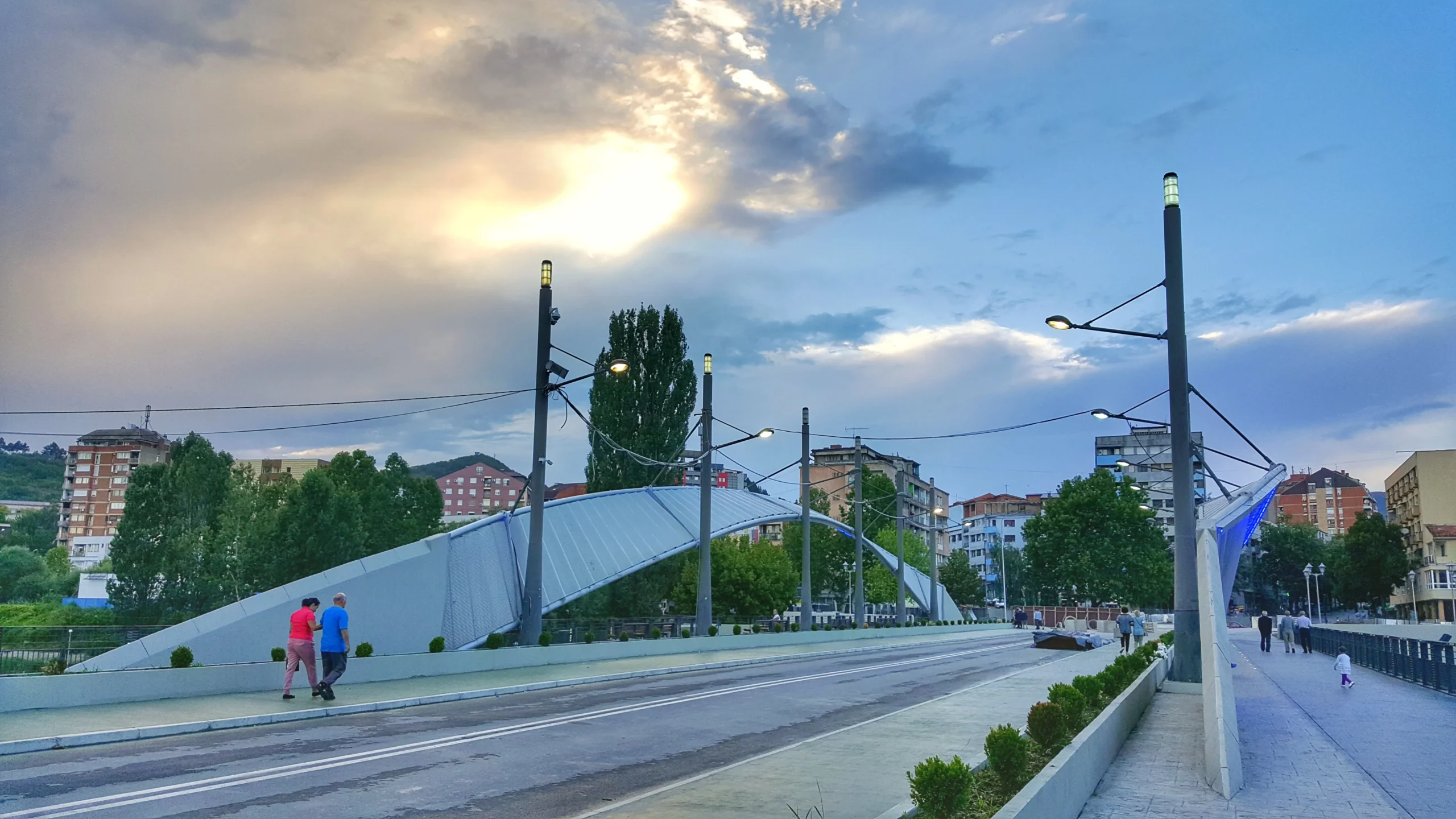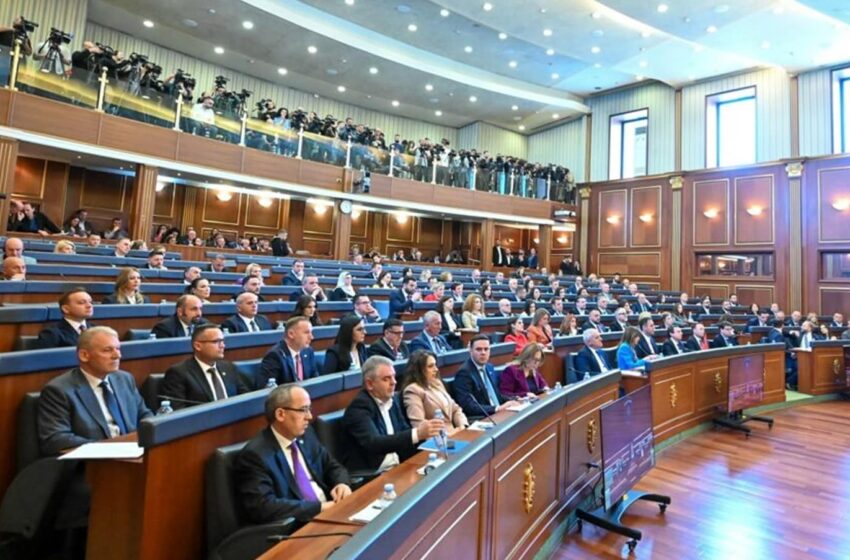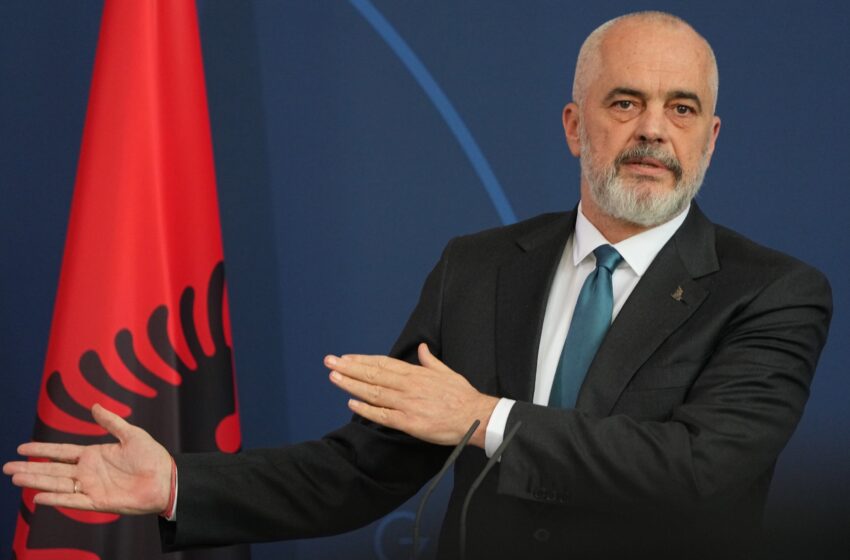NATO urges delay in opening Ibar River bridge in Kosovo

Photo: Ibar River bridge in Mitrovica
NATO’s commander in Naples, Admiral Stuart B. Munsch, has stated that the military alliance does not support reopening the Ibar River bridge in Mitrovica at this moment. He emphasized that the issue is political, not military, and should be part of the ongoing dialogue between Kosovo and Serbia.
Why is this important: The bridge, which divides predominantly Albanian South Mitrovica from the mostly Serbian North, has been a historical flashpoint since the 1999 war. Although Kosovo’s government, led by Prime Minister Albin Kurti, has signaled its intention to open the bridge to vehicle traffic, this move has met strong resistance from the local Serbian community, Serbia, and even Kosovo’s Western allies. The sudden opening could escalate tensions in northern Kosovo, risking the fragile peace in the region. NATO’s involvement highlights the importance of managing this issue carefully to maintain regional stability.
Context: Kosovo and Serbia had previously agreed, through EU-mediated dialogue, that the bridge would be opened for traffic. However, Kosovo Serbs argue that reopening the bridge without their consent, combined with the recent deployment of Kosovo Police Special Units, represents an attempt by Pristina to assert unilateral control in the north. Serbia’s President, Aleksandar Vučić, accused Kurti of attempting to provoke a conflict before the U.S. elections, adding another layer of complexity to the issue.
KFOR, NATO’s peacekeeping force in Kosovo, has taken a strong stance against any unilateral moves regarding the bridge, emphasizing that decisions about its future must be made within the existing dialogue framework. KFOR has stationed troops at the bridge alongside the Kosovo Police and has warned it is prepared to intervene if necessary to prevent any security threats. The bridge, which remains open only to pedestrians, has been closed to vehicle traffic for years due to past clashes between Serbian and Albanian communities.


